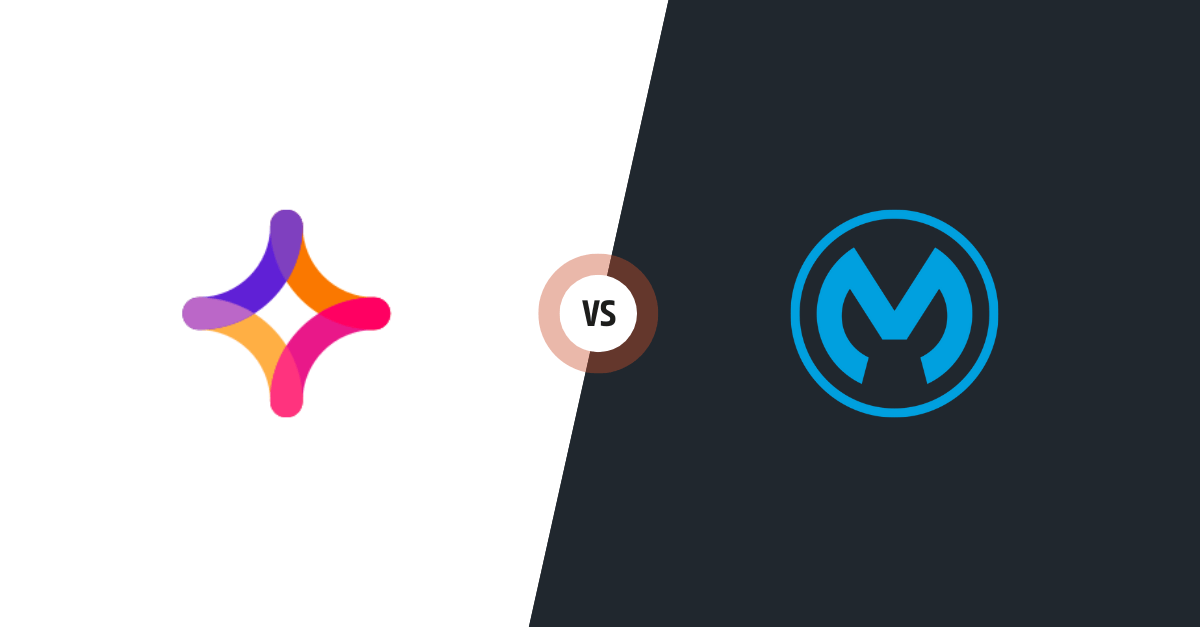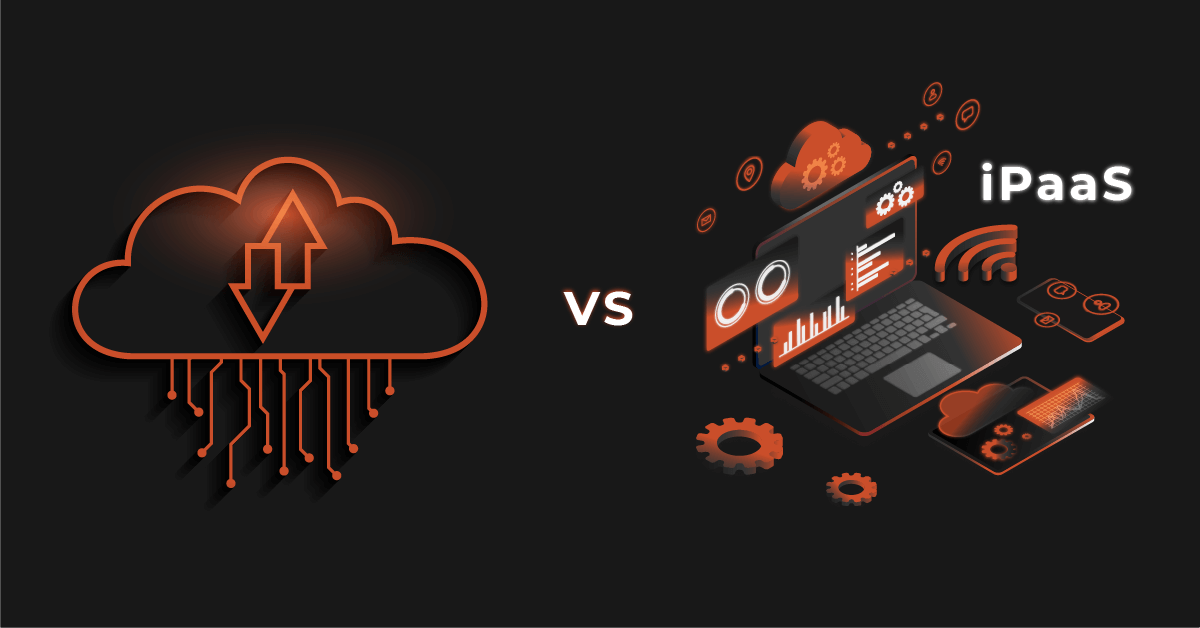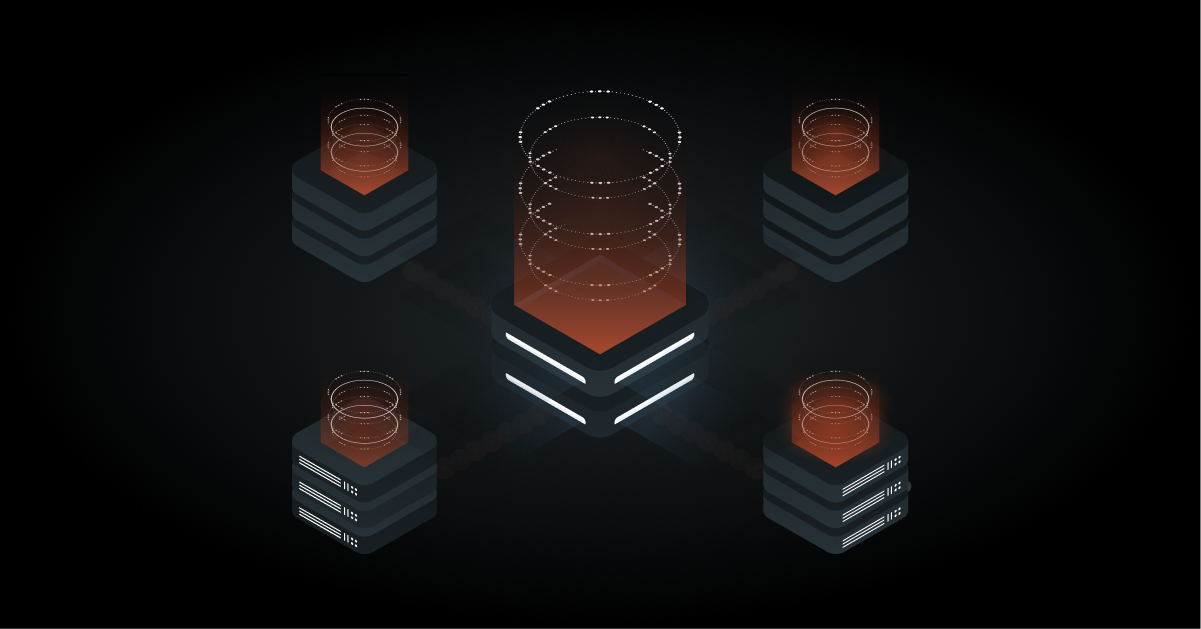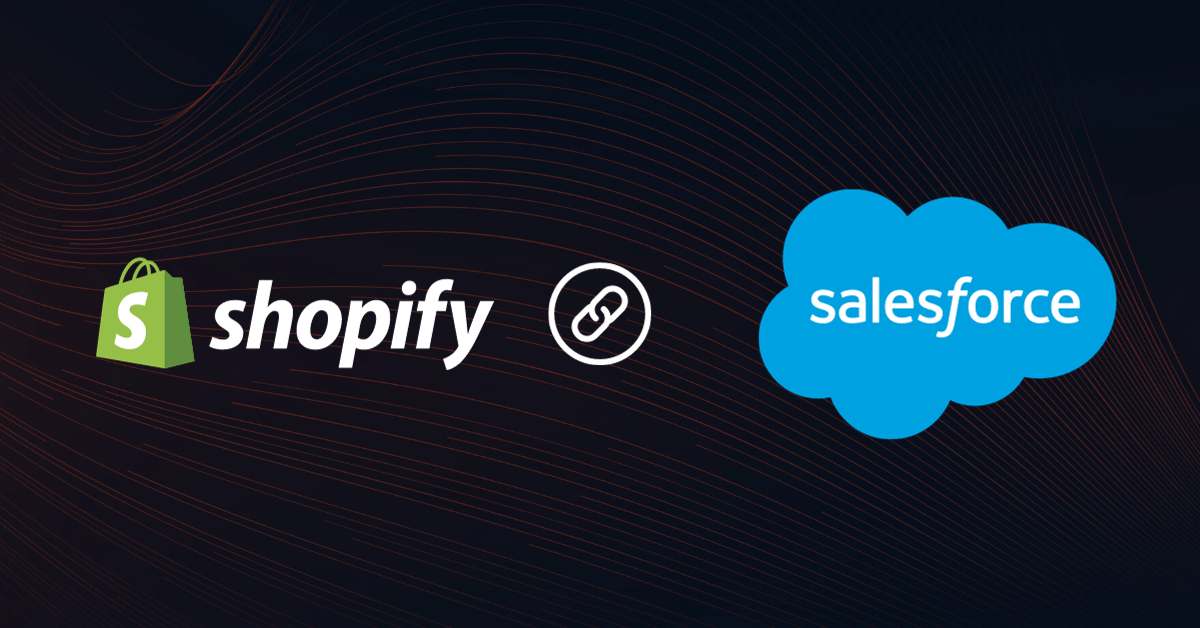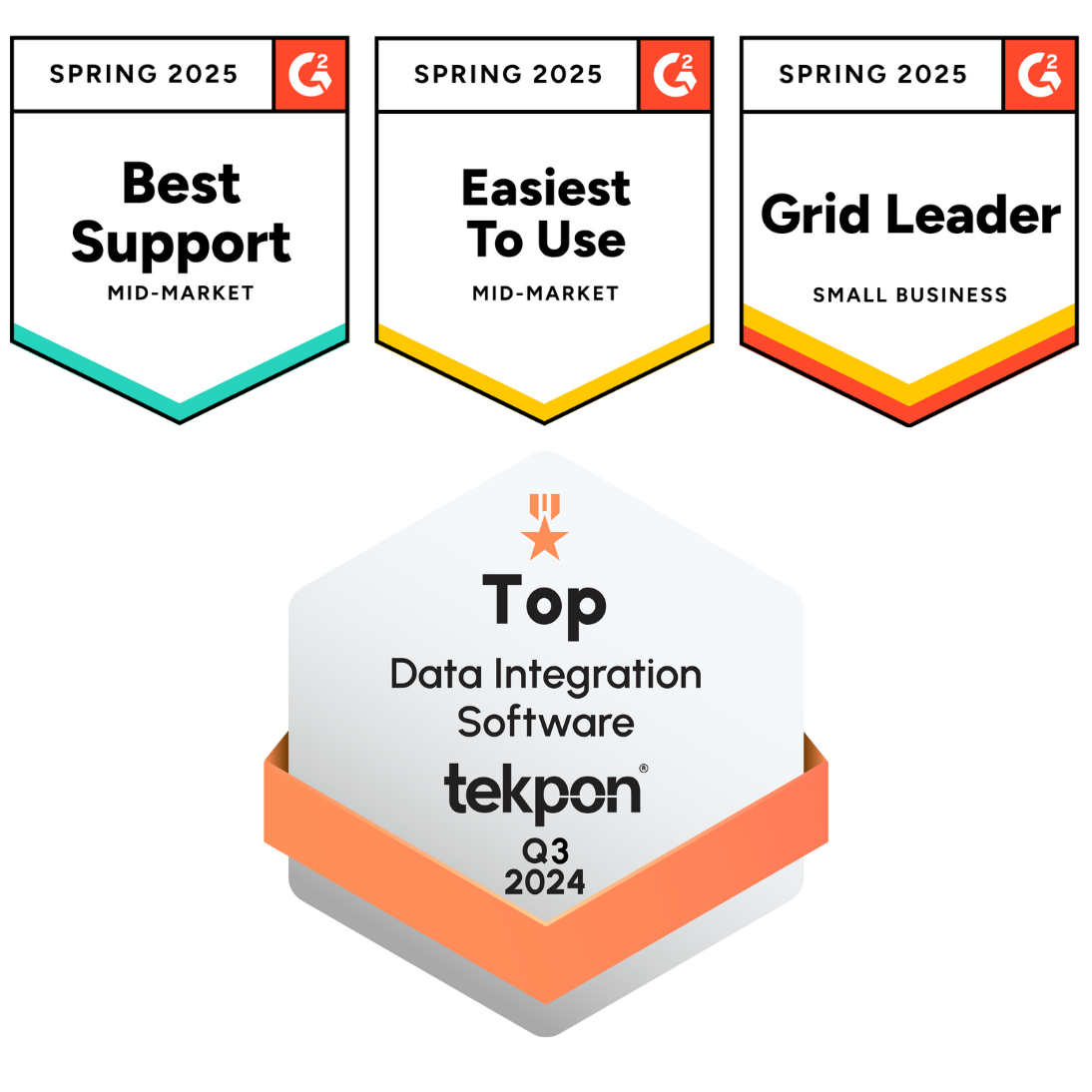Jitterbit Harmony and MuleSoft Anypoint platform differ in their integration approach and target markets. Jitterbit Harmony focuses on simplicity and user-friendliness, making it suitable for small to medium-sized enterprises. In contrast, MuleSoft caters to large enterprises with complex integration needs, offering advanced customization and scalability features.
And a great alternative to that is DCKAP Integrator, an ERP Integration platform specifically designed for manufacturers and distributors, catering to their industries, applications, and scaling requirements. Let’s go over each tool one by one and see which one is best for your business.
Jitterbit Vs. MuleSoft: Key Differences and Similarities
Before we check out the details of these integration platforms, let’s discuss the primary similarities and differences to get started.
Key Similarities
| Features | Jitterbit & MuleSoft |
| Deployment Flexibility | Both support deployment in on-premises, cloud and hybrid environments. |
| Custom Connections | Each platform allows businesses to create custom connectors using their respective development tools: Connector Builder for Jitterbit and MuleSDK for MuleSoft. |
| Security Compliance | Both platforms adhere to industry standards, ensuring data security and regulatory compliance. Jitterbit includes SOC2, ISO 27001, GDPR, CCPA, HIPPA compliance, while MuleSoft adds PCI DSS compliance on top of SOC2 and ISO 27001. |
Key Differences
| Features | Jitterbit | MuleSoft |
| Best Suited for | Small to mid-sized businesses | Large enterprises |
| Solution Type | Jitterbit is a low-code platform focused on integration and application development | Comprehensive platform offering full lifecycle API management or API development with API-led connectivity. |
| ETL Capabilities | Strong ETL capabilities with a no-code interface for data transformation. | Limited ETL capabilities, relying on the DataWeave language for advanced data transformations. |
User Interface | Intuitive and user-friendly interface, designed for non-technical users and developers. | Comprehensive but complex UI that may be overwhelming for beginners. |
| Scalability | Suitable for businesses with moderate scalability needs. | Enterprise-grade scalability, designed to handle large volumes of data and transactions. |
| Pricing | Quote-based pricing but mostly affordable | Quote-based pricing but comparatively expensive |
| Customer Service | Jitterbit provides free and excellent customer support that is often praised for being fast and attentive. However, response times can vary based on the pricing plan chosen by the customer. | MuleSoft offers free support exclusively to customers on its Enterprise tier. While its DevOps support is generally considered reliable, the platform stands out for having a more active user community. |
| Ratings (G2) | 4.6 out of 5 | 4.5 out of 5 |
Jitterbit: Overview
Jitterbit’s Harmony is a cloud-native, low-code integration and application development solution that enables businesses to automate workflows, develop new applications, and integrate systems seamlessly to streamline business processes. It is a data integration platform that helps integrate hybrid environments of SaaS, legacy systems, and on-premise applications on a single unified platform.
Advantages
Here are some of the unique advantages of Jitterbit.
- Connects hundreds of applications easily and quickly using pre-built integrations
- Synchronizes applications and data from SaaS, cloud, on-premises, and legacy apps using a single iPaaS platform
- Offers a user-friendly initiative visual interface
- Allows you to create and monitor developer-friendly APIs
- Provides scalability and customizability with reusable integration assets and components
- Simplifies business app creation with a low code, “drag-and-drop” visual application builder
- Offers support for different devices such as laptops, monitors, tablets, and phones and also for native mobile applications—iPhones and Androids.
- Utilizes high-performance parallel processing algorithms to sync different computing platforms and is also equipped with data cleansing and Smart reconstruction tools
Limitations
Let’s look at the limitations of Jitterbit’s iPaaS solution.
- The learning curve can be steep and initial onboarding can be difficult for some
- Some businesses may find it costly
- A platform with comprehensive features, which can be overwhelming for some business users
- Limited logging functionality, lacking rich text options and other logging formats which can help when reviewing integration after runtime
- Some of the more advanced transformation possibilities can be difficult and may require a lot of digging from users
- Version control issues as options to hold revisions of any object are missing
| Quick note: DCKAP Integrator has zero learning curve. You don’t need any technical knowledge to navigate through the Integrator. It’s affordable for all, offers transparent pricing, and is designed to suit small, medium, and large distribution and manufacturing businesses. |
Also check out: Jitterbit vs Celigo: All You Need To Know
MuleSoft: Overview
MuleSoft Anypoint Platforms is a unified platform for iPaaS, automation, and universal API management. Since its acquisition by Salesforce in 2018, MuleSoft’s Anypoint Platform has become a part of Salesforce Integration Cloud. It relies on the API-led approach to connectivity to build application networks.
Advantages
Here are a few primary advantages of MuleSoft.
- Delivers full lifecycle API management and iPaaS on a single runtime
- Offers out-of-the-box connectors, integration templates, and a drag-and-drop design environment
- Enables creation of APIs in multiple protocols (OAS, RAML, or AsyncAPI in a guided web interface)
- Provides pre-built APIs, connectors, templates, accelerators, and other integration assets
- Supports and educates developers with comprehensive documentation, training, and a library of templates, examples, and connectors
- Accelerates delivery speed by allowing users to build a library of reusable integration assets
- Allows creation of own reusable connectors using a built-in SDK and also automatically converts any REST API design spec into a connector
- Enables users to manage, secure, and scale all APIs from a single platform
Limitations
Let us discuss some of the common limitations of MuleSoft.
- Some businesses may find licensing and renewals costly
- Unavailability of mobile applications and offline access
- Unable to fetch the metadata database that can complicate mapping
- The user interface can be complex and overwhelming for non-technical users or non-developers
- Doesn’t allow multiple users to edit the same API spec at the same time which sometimes can be time-consuming
- Access Management can be complex to setup for large organizations.
| Quick note: The DCKAP Integrator is also a great alternative to MuleSoft. It’s more affordable, low-code, and offers complete API management solutions. Plus, it is a great tool to connect all your business systems and streamline workflows. |
When to Look Beyond These Platforms
If cost, complexity, or compatibility issues are a concern, or if your needs align better with niche solutions, exploring alternatives can help you find the perfect balance of functionality, ease of use, and value. The goal is to pick an integration platform that truly aligns with your business, not just one with a big name. Here are a few more reasons why you should consider picking an alternative:
Specific Use Cases
Different companies have different integration needs and not every business needs the full capabilities of MuleSoft or Jitterbit. If your integration needs are simple or specific, a more focused or lightweight platform might serve you better without unnecessary complexity.
Ease of Use
Jitterbit is often praised for its user-friendly drag-and-drop interface, but not everyone finds it intuitive. Similarly, MuleSoft’s learning curve can be steep due to its robust features. An alternative might provide a simpler, more accessible tool tailored to your team’s skillset.
Integration Ecosystem
While MuleSoft and Jitterbit have broad integration options, they may not align perfectly with your existing tech stack. An alternative could provide more seamless compatibility with your tools and systems.
Scalability
If you anticipate growing your business or handling a much larger data volume in the future, you may need a platform with greater scalability or better enterprise-level support. In some cases, an alternative may offer a better fit for your long-term needs.
Why Choose DCKAP Integrator Over Jitterbit and MuleSoft
Enterprise integration can give you the much-needed competitive advantage and this is where DCKAP Integrator can be a game changer. DCKAP Integrator is a market-leading, cloud-native iPaaS solution that has been designed specially to meet the specific needs of distributors and manufacturers and can successfully navigate the complexities of data integration.
It makes seamless and robust connections between your CRM, ecommerce platforms, ERPs, EDI (Electronic Data Interchange) systems, PIMs, and other systems and applications. This means your data flow is automated, preventing any back-and-forth between the enterprise systems, eliminating manual errors, and improving overall real-time visibility of business operations.
A system that is way more compatible, affordable, and user-friendly may sound too good to be true to you. And if that is the case, take a look at the advanced features here and decide for yourself:
If you are still undecided on why you should choose DCKAP Integrator, here are a few more reasons.
Multi-platform and Environment Integration
DCKAP Integrator offers limitless connections and robust integration between a plethora of platforms, applications, and data sources, whether cloud-based or on-premises.
Real-time Data Sync
It synchronizes your data across multiple integrated systems, eliminating the need for manual intervention. This means there is no data error or manipulation, and teams can access and operate with real-time, accurate, and consistent data.
Elimination of Data Silos
Seamless data integration with DCKAP Integrator means your systems access and ingest quality, consistent and standardized data, no matter where the data is stored.
Trouble-free Data Mapping
DCKAP Integrator simplifies data mapping necessary to sync the data fields of integrated systems. It does so by bringing the systems on the same page and using business logic, thus, eliminating the role of a developer. This means even non-technical users can use data mapping and modifiers.
Advanced Logging
With simplified record keeping, you can log and back up any piece of information which is automatically transferred between the integrated systems.
Automated Scheduling
You can set up schedules in DCKAP Integrator for synchronization and batch processing.
Single Source of Truth
DCKAP Integrator centralizes data from different systems on a single, unified platform, ensuring a single source of truth. This further optimizes the customer sales funnel, supports business decisions, and makes it easier to analyze trends and behavior, thus helping improve customer experience.
On top of that, DCKAP Integrator also offers
- Plug-and-play features
- Multitenancy
- Ease of use
- Scalability and flexibility to extend integration to any new systems in the future
- Alert mechanisms to report any integration failures
- Regular feature upgrades with the industry’s best practices
- Response and consistent customer support
- Flexible pricing models that allow mid-sized distributors a shot at leveling the playing field with larger players in their market
You can also explore customer case studies and reviews for a better understanding of what can DCKAP Integrator do for your distribution business.
FAQs
How do I choose between Jitterbit’s Harmony Platform and MuleSoft Anypoint Platform?
There are number of important factors to consider such as your business’s integration goals, technical requirements, and budget. Assess the length of these key features, such as deployment flexibility, support for different software systems, and ability to meet mandatory requirements. Both platforms are fantastic options. For smaller firms or those with fewer technical resources, Jitterbit is often the right choice. For enterprises requiring proficient integration platforms with a more comprehensive understanding of data flows, MuleSoft may be better.
What is the difference between Jitterbit and MuleSoft?
Both platforms offer pre-built connectors, cloud services, and tools for managing data transfer across various applications. Jitterbit focuses on simplicity with a user-friendly interface, while MuleSoft provides a comprehensive integration platform with advanced features for enterprise-level scalability.
Jitterbit
- Pros: Great for small organizations, easy to use, and requires less technical skills.
- Cons: Limited support for fewer protocols and less suitable for large-scale integrations.
MuleSoft
- Pros: Offers extensive customization options, a wide range of integrations, and a great user community.
- Cons: Higher technical requirements and can be cost-prohibitive for small firms.
How do the platforms support various integration roles and efforts?
Both Jitterbit and MuleSoft simplify integration efforts through tools like drag-and-drop interfaces, automated workflows, and pre-built connectors. MuleSoft, however, requires more hands-on experience for initial deployment and professional-level skills to leverage its full capabilities.
What is the best tool for data integration besides Jitterbit and MuleSoft?
Some of the prominent names in the iPaaS industry are DCKAP Integrator, Dell Boomi, Celigo, Oracle Cloud Infrastructure, Workato etc. However, the popular choice for manufacturers and distributors is always DCKAP Integrator.
Are these platforms suitable for financial institutions or enterprises with strict data requirements?
Yes, both platforms play a critical role in industries like finance. MuleSoft provides better packages for enterprises with strategic objectives, while Jitterbit offers great tools for small organizations needing cloud integration technology.
In this Story

